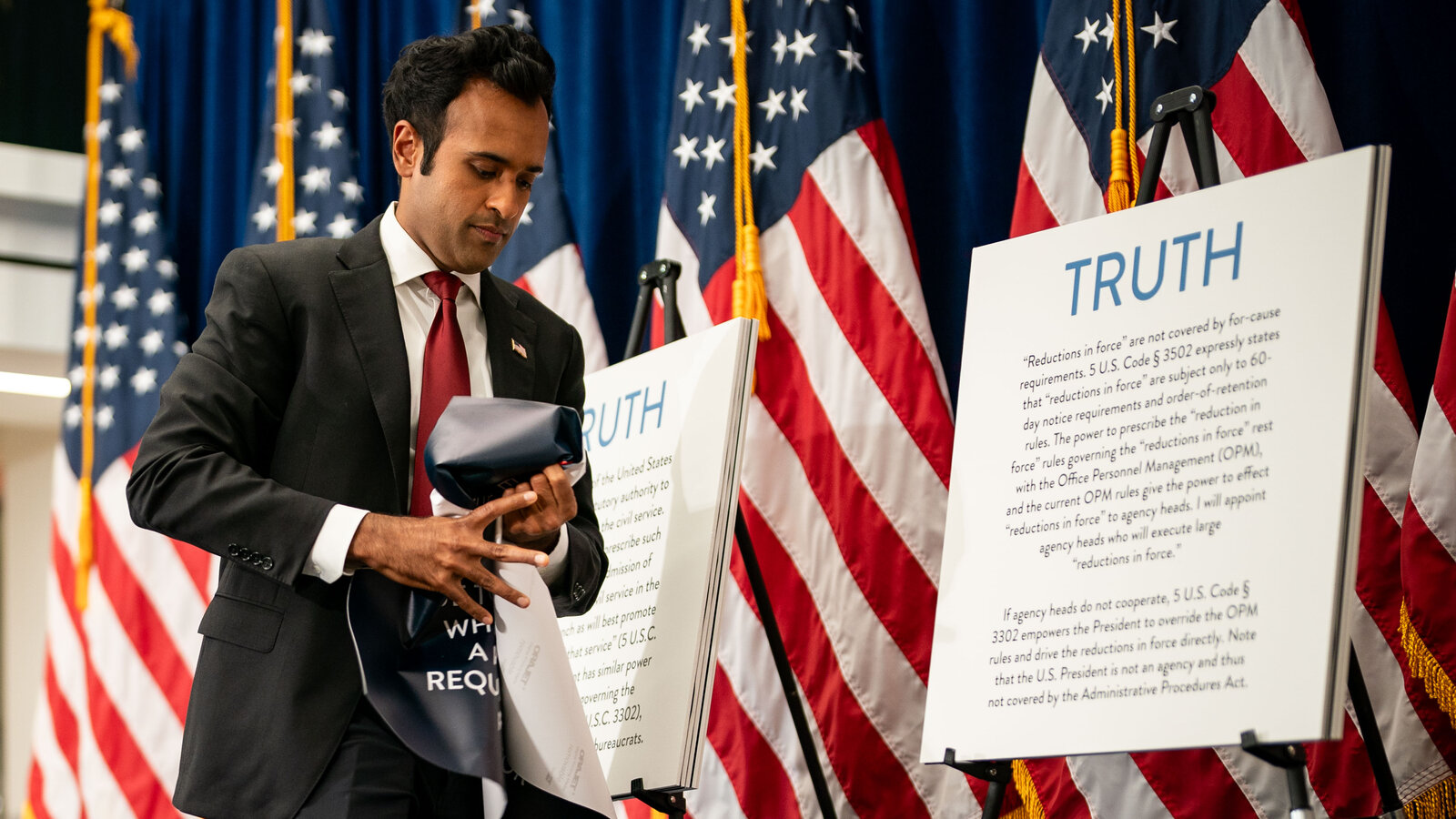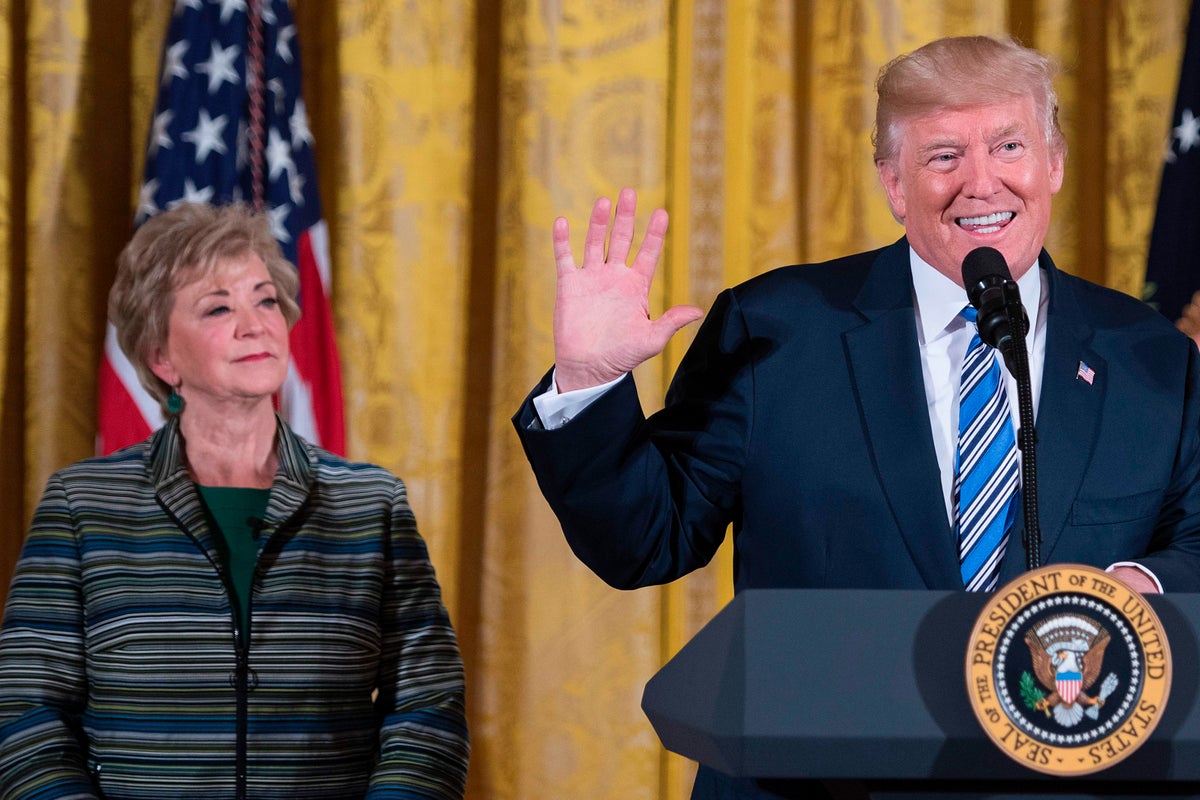Elon Musk and Vivek Ramaswamy have ignited a heated debate about the future of federal employment. As co-leaders of President-elect Donald Trump’s newly envisioned Department of Government Efficiency, their bold proposals could transform the American civil service. On Wednesday, the duo laid out their vision in an op-ed for The Wall Street Journal, advocating a mandatory return-to-office policy for all federal employees.
Mandatory Five-Day Workweek: A Workforce Shake-Up?
Musk and Ramaswamy’s key proposal mandates that federal employees return to the office five days a week. “If federal employees don’t want to show up, American taxpayers shouldn’t pay them for the COVID-era privilege of staying home,” they wrote. This stance has ignited fierce discussions, especially in a post-pandemic world where remote work has become the norm.
Their plan could lead to what they describe as a “wave of voluntary terminations.” For Musk and Ramaswamy, this potential reduction in workforce aligns with their broader goal: slashing federal spending and streamlining the bureaucracy. The duo predicts that a strict in-office requirement could naturally reduce the federal workforce by up to 25%.

Targeting $2 Trillion in Budget Cuts
Musk has set his sights on reducing the federal budget by $2 trillion annually. The strategy? Streamlining federal agencies and cutting down on regulations. According to Musk, the government only needs 99 agencies, not the current 400+. This radical reduction aligns with the broader “America First” agenda championed by Trump’s transition team.
Ramaswamy and Musk propose identifying the minimum number of employees needed to fulfill “constitutionally permissible and statutorily mandated functions.” Any surplus, they argue, should be phased out in proportion to scrapped regulations.
Their vision involves appointing “small-government crusaders” to work with the White House’s Office of Management and Budget (OMB). These individuals would play a critical role in implementing efficiency measures and reducing headcounts.
The implications are vast. If enacted, this overhaul could reshape the federal workforce, affecting over 2.3 million civilian employees. According to an OMB report, around 1.1 million federal workers were eligible for telework as of May. Approximately 228,000 were fully remote.
Related Video: Elon Musk Backs Return-to-Office Mandate for Federal Employees: Major Workforce Cuts Ahead?
Controversy Surrounding Schedule F
A significant part of this plan involves reinstating Schedule F, an executive order Trump issued late in his presidency. This order aimed to reclassify tens of thousands of civil servants as “at-will employees”, making it easier to dismiss them. President Biden revoked this order early in his term. However, Musk and Ramaswamy’s vision brings it back into the spotlight.
Critics argue that reinstating Schedule F could politicize the civil service, undermining its independence. Proponents, however, view it as a necessary step to ensure accountability and efficiency.
What This Means for Federal Employees
For many federal workers, the prospect of returning to a rigid five-day office schedule is daunting. However, Musk and Ramaswamy believe that those unwilling to comply can transition into the private sector. They propose offering early retirement incentives and voluntary severance payments to ease this transition.
“Employees whose positions are eliminated deserve to be treated with respect,” they emphasized. Their approach, they argue, is not about mass firings but creating a more efficient, accountable government.
Political and Social Reactions
The proposal has sparked significant political and social reactions. Supporters praise Musk and Ramaswamy’s commitment to reducing federal spending and enhancing efficiency. Critics, however, warn of potential consequences, including loss of expertise and the risk of a politicized civil service.
Federal employee unions have already expressed strong opposition. They argue that mandatory office returns could disrupt productivity and morale. Additionally, the prospect of widespread terminations raises concerns about unemployment and economic impact.
You may Also Read: Linda McMahon Joins Donald Trump’s New Cabinet
The Road Ahead
As President-elect Trump prepares for his second term, these proposals will likely be central to his administration’s agenda. The Department of Government Efficiency, though operating outside traditional government structures, could wield significant influence.
Musk and Ramaswamy’s vision is clear: a leaner, more accountable federal government. Whether this vision becomes reality remains to be seen. However, one thing is certain: the future of federal employment is set for a dramatic shift.
Hope you liked this article, as much as we enjoyed compiling it!! We would be eager to know your comments on this engaging topic. Please spare a moment in sharing your thoughts. And to get all the latest news and updates you can always visit our YOU TUBE channel by clicking on the link US Most Read – YouTube and please don’t forget to SUBSCRIBE our channel.




